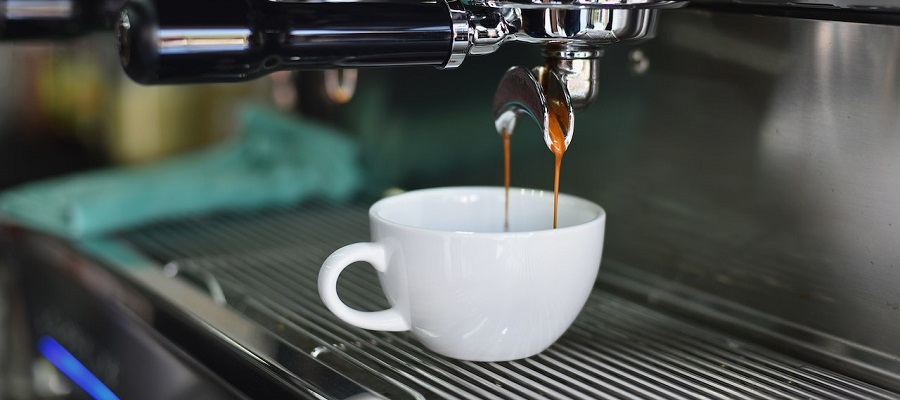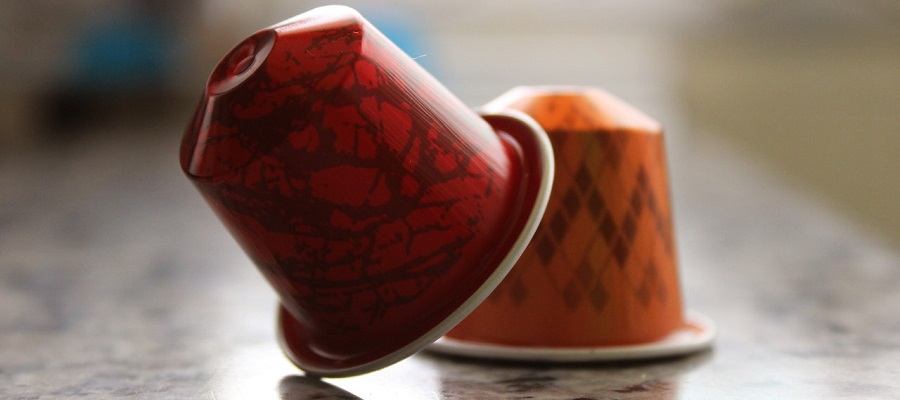A coffee machine is a device that is used to brew coffee. It typically consists of a container for water, a heating element to bring the water to a boil, and a chamber where coffee grounds are placed. The hot water is then passed through the coffee grounds, and the brewed coffee is collected in a separate container or pot. There are many different types of coffee machines, ranging from simple manual devices to complex automated machines. Some coffee machines are designed to make a single cup of coffee at a time, while others are capable of making large quantities of coffee at once. Some coffee machines use ground coffee, while others use coffee pods or capsules. Some coffee machines are manual, requiring the user to control the brewing process, while others are automated and can be programmed to brew coffee at a specific time or with a specific set of instructions.
How does one pick a good coffee machine?
There are a few factors to consider when choosing a coffee machine:
-
Type of coffee machine: There are several types of coffee machines to choose from, including drip coffee makers, single serve coffee makers, espresso machines, and more. Consider which type of coffee machine will best meet your needs.
-
Capacity: Consider how many cups of coffee you typically need to make at once. If you only need to make a single cup of coffee, a single serve coffee maker may be a good choice. If you need to make larger quantities of coffee, a drip coffee maker or an espresso machine with a larger water tank may be a better choice.
-
Brewing method: Different coffee machines use different brewing methods to extract flavor from the coffee beans. Some machines use pressure to force hot water through the coffee grounds, while others use gravity or a combination of the two. Consider which brewing method you prefer and choose a machine that uses that method.
-
Ease of use: Consider how easy the coffee machine is to use and clean. Some machines have more complex controls and require more maintenance than others.
-
Price: Finally, consider your budget. There are coffee machines available at a range of price points, so you can choose one that fits your budget.
-
Famous brands are known to produce the best coffee machines. Those can be for example: Siemens Coffee Machines, Philips Coffee machines, etc.
Ultimately, the best coffee machine for you will depend on your personal preferences and needs. It may be helpful to do some research and read reviews of different coffee machines to find one that is well-suited to your needs.
Does it matter where a coffee machine was manufactured?
It is generally not necessary to consider where a coffee machine was manufactured when choosing one. Many coffee machines are manufactured in different countries around the world, and there are high-quality coffee machines available from a variety of manufacturers. It is more important to consider the features and performance of the coffee machine, as well as its price and overall value, when making a decision. That being said, it is important to do some research and choose a reputable and reliable brand, as this can affect the overall quality and durability of the coffee machine.
How heavy is a coffee machine?
The weight of a coffee machine can vary widely depending on the size and type of machine. Some small, single serve coffee makers can weigh as little as a few pounds, while larger drip coffee makers and espresso machines can weigh significantly more. For example, a small manual espresso machine may weigh around 10 pounds, while a larger, fully automated espresso machine could weigh 20 pounds or more. A standard drip coffee maker with a capacity of 12 cups or more could weigh around 10-15 pounds. It is important to consider the weight of a coffee machine if you plan on moving it around frequently or if you have limited storage space.
What's the difference between a coffee machine for home and a coffee machine for industrial use?
Coffee machines for home use are typically smaller and less expensive than those designed for industrial use. They are also generally less complex and easier to use, as they are intended for use by individuals or small groups of people.
In contrast, coffee machines for industrial use are typically larger and more expensive, and they are designed to produce large quantities of coffee quickly and efficiently. These machines are often more complex and may require more maintenance and upkeep. They are typically used in commercial settings, such as restaurants, cafes, and offices, where they are expected to handle a high volume of coffee production.
Another key difference between home and industrial coffee machines is the brewing method. Home coffee machines are typically drip coffee makers or espresso machines, while industrial coffee machines may use a variety of brewing methods, including drip, espresso, or bulk brewing. Industrial coffee machines may also have features such as programmable controls and automatic milk frothing, which are not typically found on home coffee machines.
Does the type of coffee maker make a difference?
The type of coffee maker you choose can affect the flavor and quality of the coffee you brew. Different types of coffee makers use different brewing methods and can produce coffee with different flavors and characteristics.
Drip coffee makers, for example, use hot water that is poured over coffee grounds and allowed to drip through a filter into a pot or carafe. Drip coffee makers are generally easy to use and can produce large quantities of coffee at once. The resulting coffee is generally smooth and balanced, with a mild flavor.
Espresso machines, on the other hand, use pressure to force hot water through finely ground coffee beans, producing a strong, concentrated coffee. Espresso machines are typically more complex to use and require more maintenance, but they can produce high-quality coffee with a rich, full-bodied flavor.
Single serve coffee makers use pre-packaged pods or capsules of coffee to brew a single cup at a time. These machines are generally easy to use and can produce a consistent cup of coffee, but they may not be as versatile as other types of coffee makers.
Ultimately, the best type of coffee maker for you will depend on your personal preferences and needs. It may be helpful to do some research and try out different types of coffee makers to see which one produces the best results for you.


